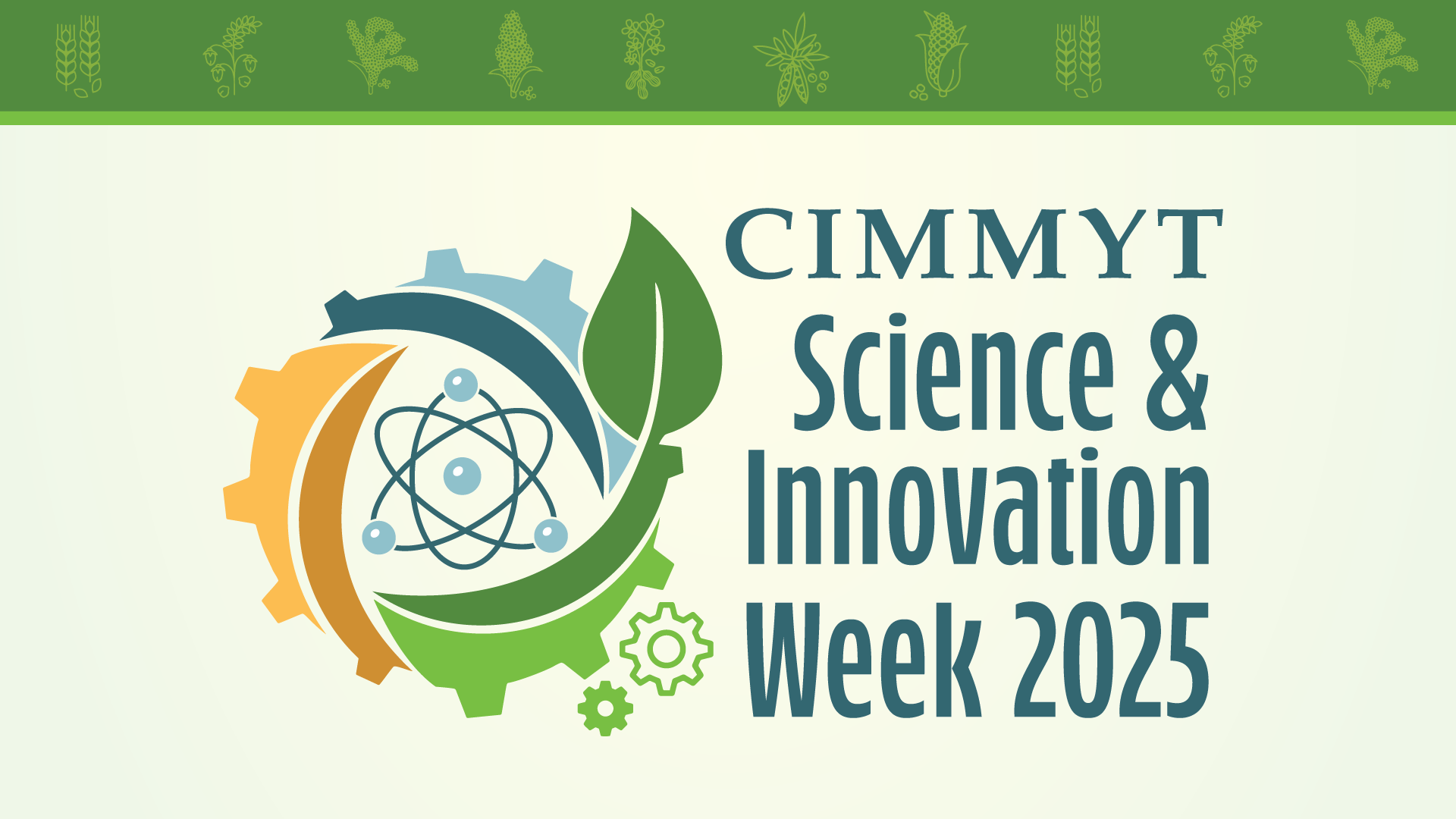Breaking Boundaries: The Future Unfolds at Science and Innovation Week 2025

Cultivating Global Solutions: CIMMYT's Vision for Agricultural Transformation
In an era of unprecedented environmental and agricultural challenges, the world stands at a critical crossroads. Food security, climate resilience, and sustainable agricultural development are no longer distant concerns but urgent imperatives demanding innovative solutions.
At the forefront of this global mission, the International Maize and Wheat Improvement Center (CIMMYT) is pioneering transformative approaches to agricultural innovation. By bringing together brilliant scientists, forward-thinking policymakers, and strategic global partners, CIMMYT is crafting comprehensive strategies to address the complex challenges facing our planet's food systems.
Through cutting-edge research, collaborative partnerships, and a commitment to scientific excellence, CIMMYT is not just imagining a more sustainable future—they are actively building it. Their work transcends traditional boundaries, leveraging scientific innovation to empower farmers, enhance crop resilience, and create scalable solutions that can feed a growing global population.
As climate change and population growth continue to test our agricultural systems, CIMMYT remains dedicated to developing adaptive technologies, resilient crop varieties, and sustainable farming practices that can help communities worldwide thrive in an increasingly unpredictable environment.

